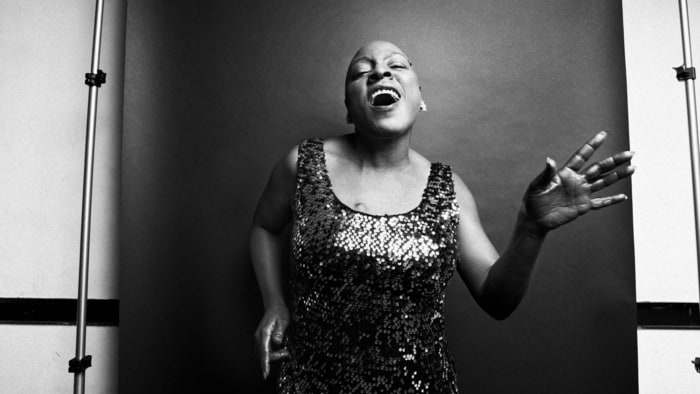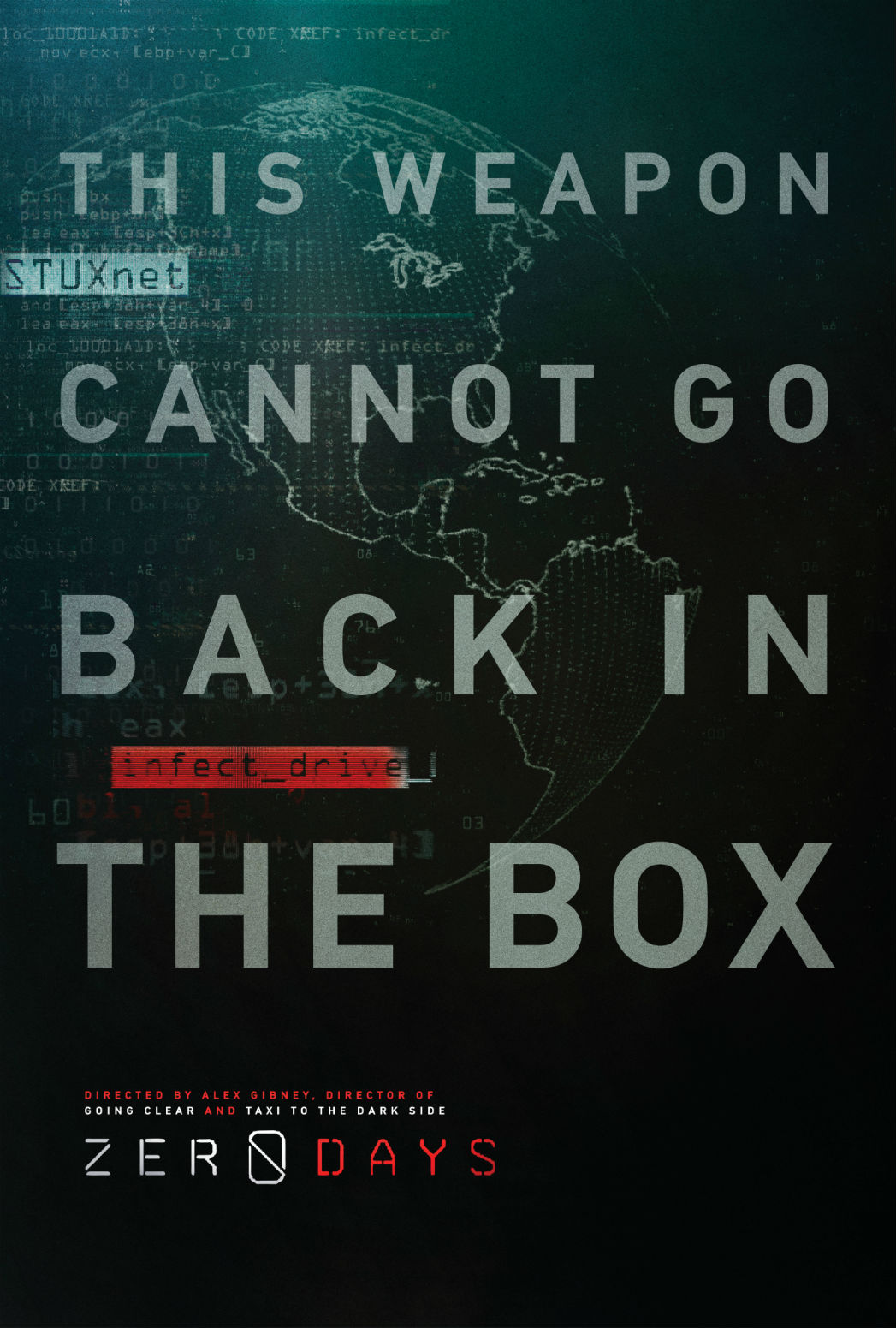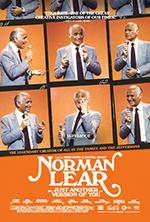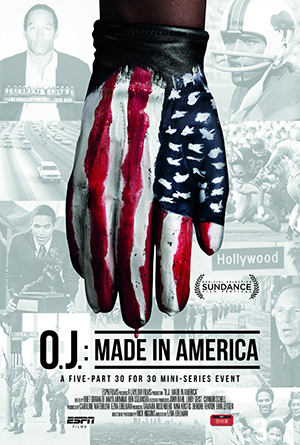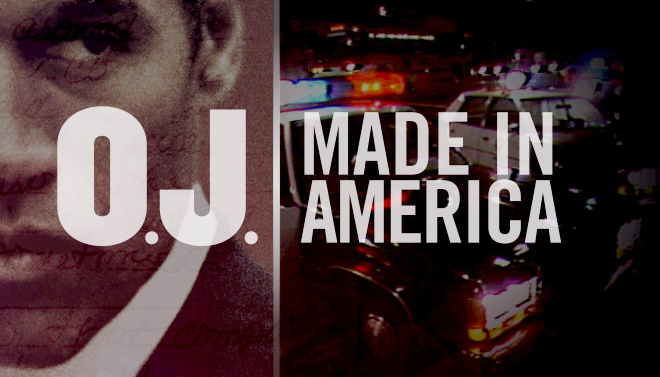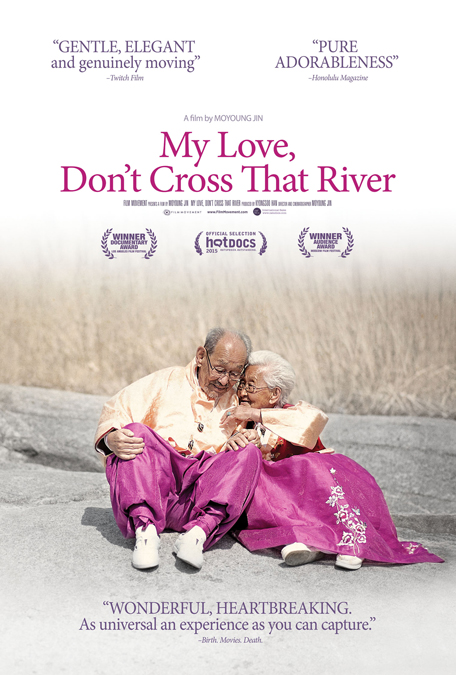Doc Corner: 'Miss Sharon Jones!'
 Tuesday, July 19, 2016 at 10:40AM
Tuesday, July 19, 2016 at 10:40AM Glenn here. Each Tuesday we bring you reviews and features on documentaries from theatres, festivals, and on demand.
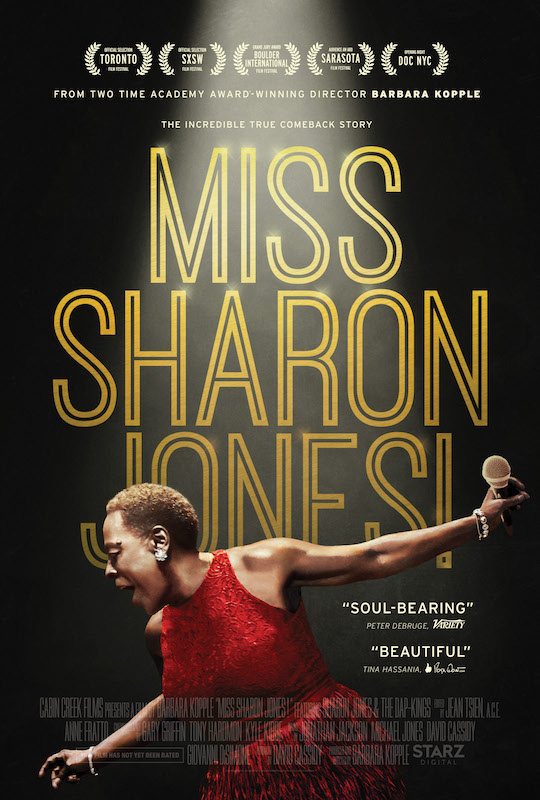 Barbara Kopple is an old-fashioned filmmaker who is free of flash. Whether she is documenting the lives of everyday people or celebrities, she has a knack for zeroing in on subjects whose lives demand closer inspection. We saw this in Shut Up & Sing about the Dixie Chicks and her Oscar-winning debut masterpiece Harlan County, USA, even in A Conversation with Gregory Peck, which we looked at recently. And we see it again in her latest film, Miss Sharon Jones! What could have been a simple tribute doc becomes something much more poignant by pointing her camera at a subject who’s trademark energy and spirit has been pointedly struck down my destructive cancer and its ramifications on those around her.
Barbara Kopple is an old-fashioned filmmaker who is free of flash. Whether she is documenting the lives of everyday people or celebrities, she has a knack for zeroing in on subjects whose lives demand closer inspection. We saw this in Shut Up & Sing about the Dixie Chicks and her Oscar-winning debut masterpiece Harlan County, USA, even in A Conversation with Gregory Peck, which we looked at recently. And we see it again in her latest film, Miss Sharon Jones! What could have been a simple tribute doc becomes something much more poignant by pointing her camera at a subject who’s trademark energy and spirit has been pointedly struck down my destructive cancer and its ramifications on those around her.
The early parts of Kopple’s film are actually a lot like its subject: hectic. A rough start that shows signs of a filmmaker at uncharacteristic odds with how to tell her story. In these early passages we get our only instances of awkward narration, out-of-place talking head testimonial that never appear again, and an all-too brief history lesson that isn’t thorough enough to add anything of any real consequence. The editing is skittish, bouncing around the story, cutting off performances, and taking unnecessary diversions. Was Jones not allowing herself to be truly seen on camera? Who knows, but it thankfully doesn’t last when at the 30-minute mark Kopple’s camera remains fixed on Jones as she performs “The Eye is On the Sparrow” in a gospel church. It doesn’t cut, it doesn’t flinch, it just lets Jones’ miraculous voice and performance physicality take over. The film is never the same. [more...]
